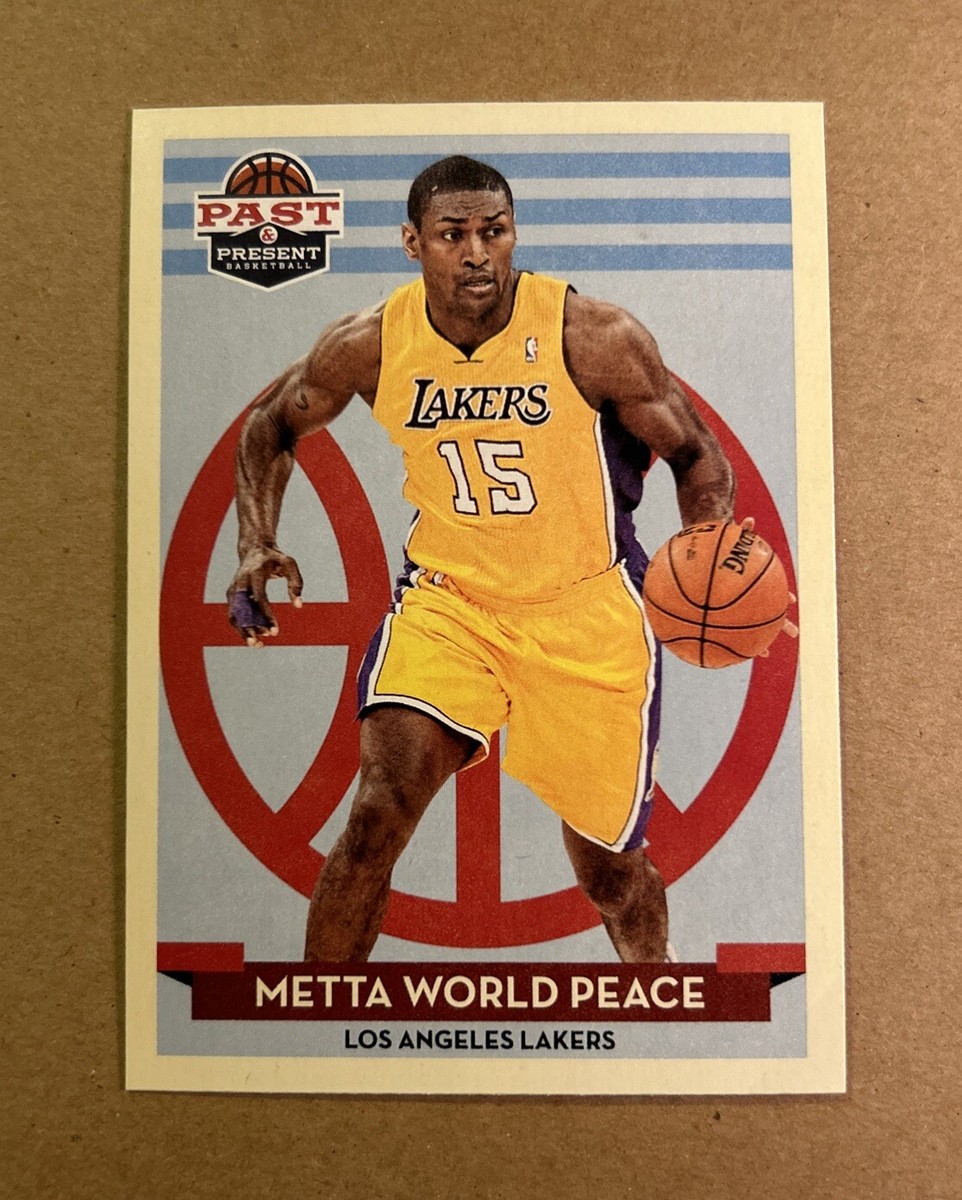
Introduction
Metta World Peace, formerly known as Ron Artest, is a name that resonates with basketball fans and enthusiasts across the globe. His career in the NBA, marked by exceptional talent and a few controversies, highlights the duality of professional sports where athletic achievement often intertwines with personal challenges. Beyond the court, he is recognized for his philanthropic endeavors and advocacy for mental health awareness. As conversations about mental health gain momentum in society, Metta’s story is increasingly relevant, revealing how sports figures can use their platforms to contribute positively to the community.
The Basketball Career
After being drafted by the Chicago Bulls in 1999, Metta World Peace made a name for himself as a tenacious defensive player and an aggressive scorer. He was instrumental in leading the Indiana Pacers to multiple playoff appearances, and in 2004, he was named the NBA Defensive Player of the Year. One of his career highlights came in 2010 when he played a pivotal role in securing an NBA championship for the Los Angeles Lakers. Known for his passionate style of play, he also gained notoriety for incidents like the infamous brawl in Detroit in 2004, which led to a significant suspension but ultimately paved the way for his transformation.
Philanthropy and Mental Health Advocacy
Following his retirement from professional basketball in 2017, Metta turned his focus to advocacy and philanthropy. He founded the “Metta World Peace Foundation,” which is dedicated to promoting mental health awareness and providing support for at-risk youth. He has been candid about his own struggles with mental health, sharing his experiences to destigmatize such issues in sports and beyond. In recent interviews, Metta has emphasized the importance of mental health education and providing safe spaces for conversations regarding emotional well-being.
Recent Developments and Future Aspirations
In 2023, Metta World Peace has continued to be involved in various basketball-related activities, including coaching positions and appearances in community outreach programs. His commitment to uplifting others through basketball remains strong, along with his dedication to mental health causes. As he integrates his experiences and lessons learned into life after basketball, Metta’s influence continues to grow, inspiring both fans and aspiring athletes alike.
Conclusion
The journey of Metta World Peace is more than just a story of athletic excellence; it reflects the complex tapestry of personal growth, responsibility, and community engagement. As he moves forward, expectations are high that he will continue to leverage his fame toward positive societal change, further blurring the lines between athlete and advocate. Readers can take inspiration from Metta’s transformative journey, recognizing that resilience and kindness can have lasting effects on both individual lives and communities as a whole.



